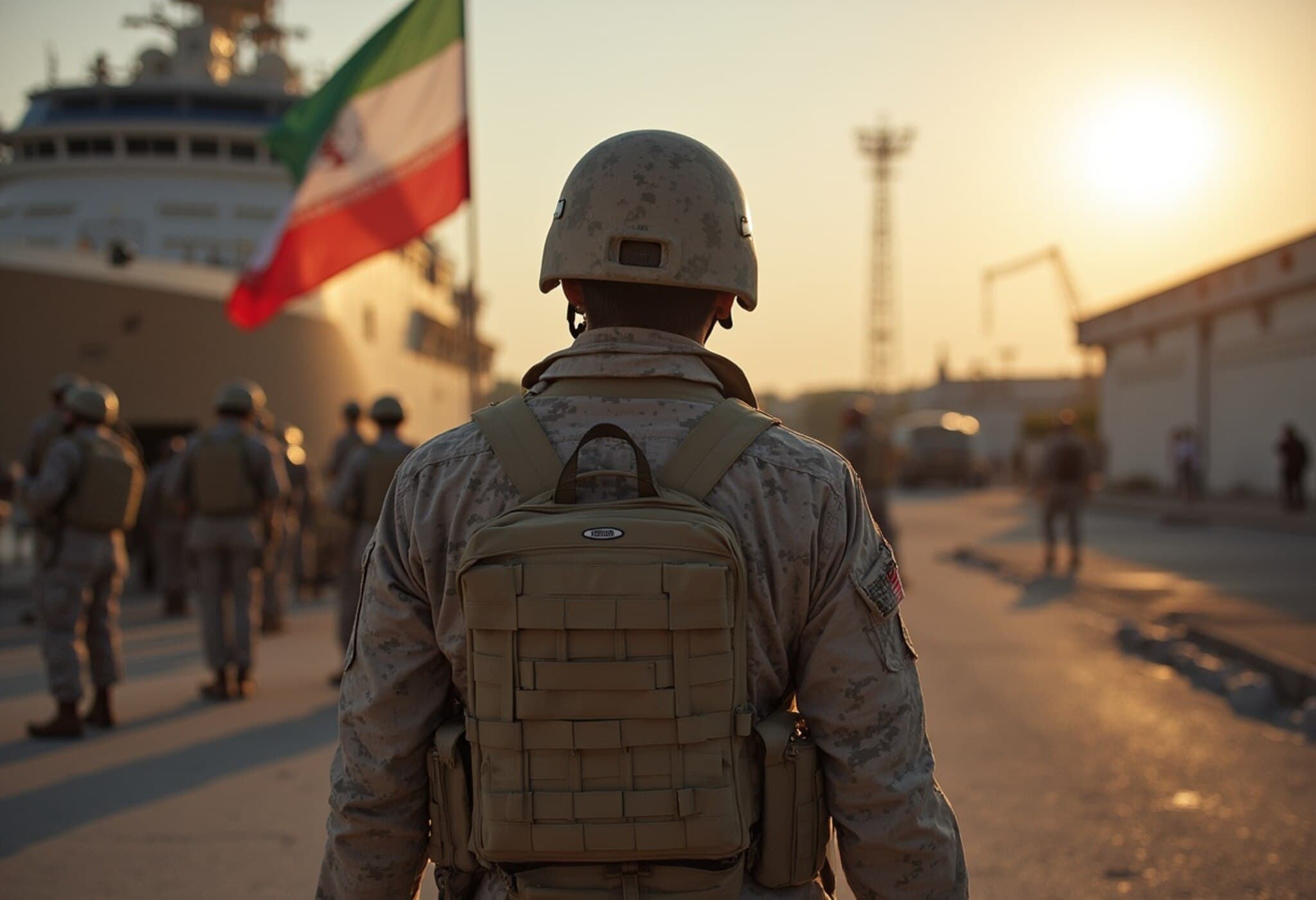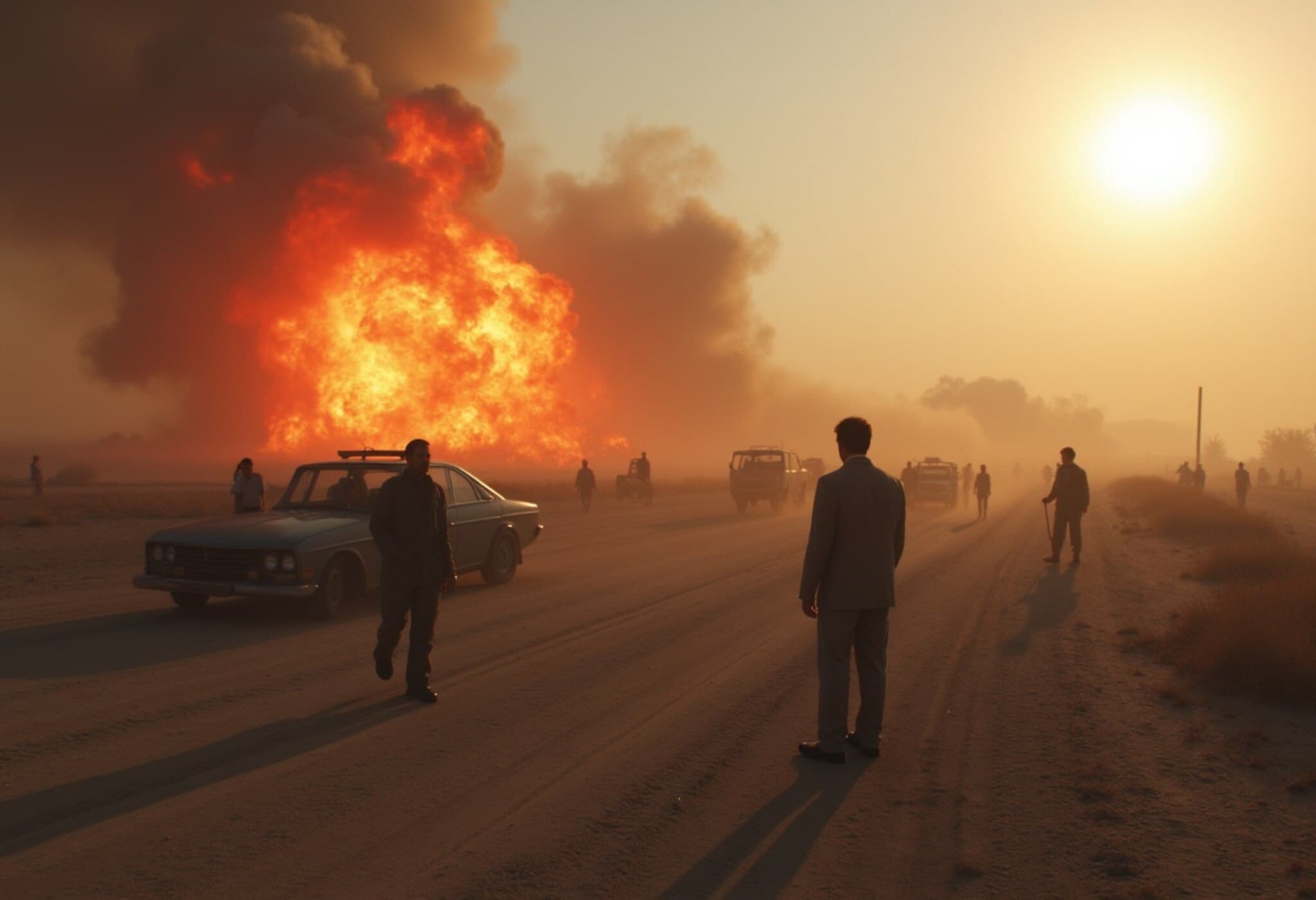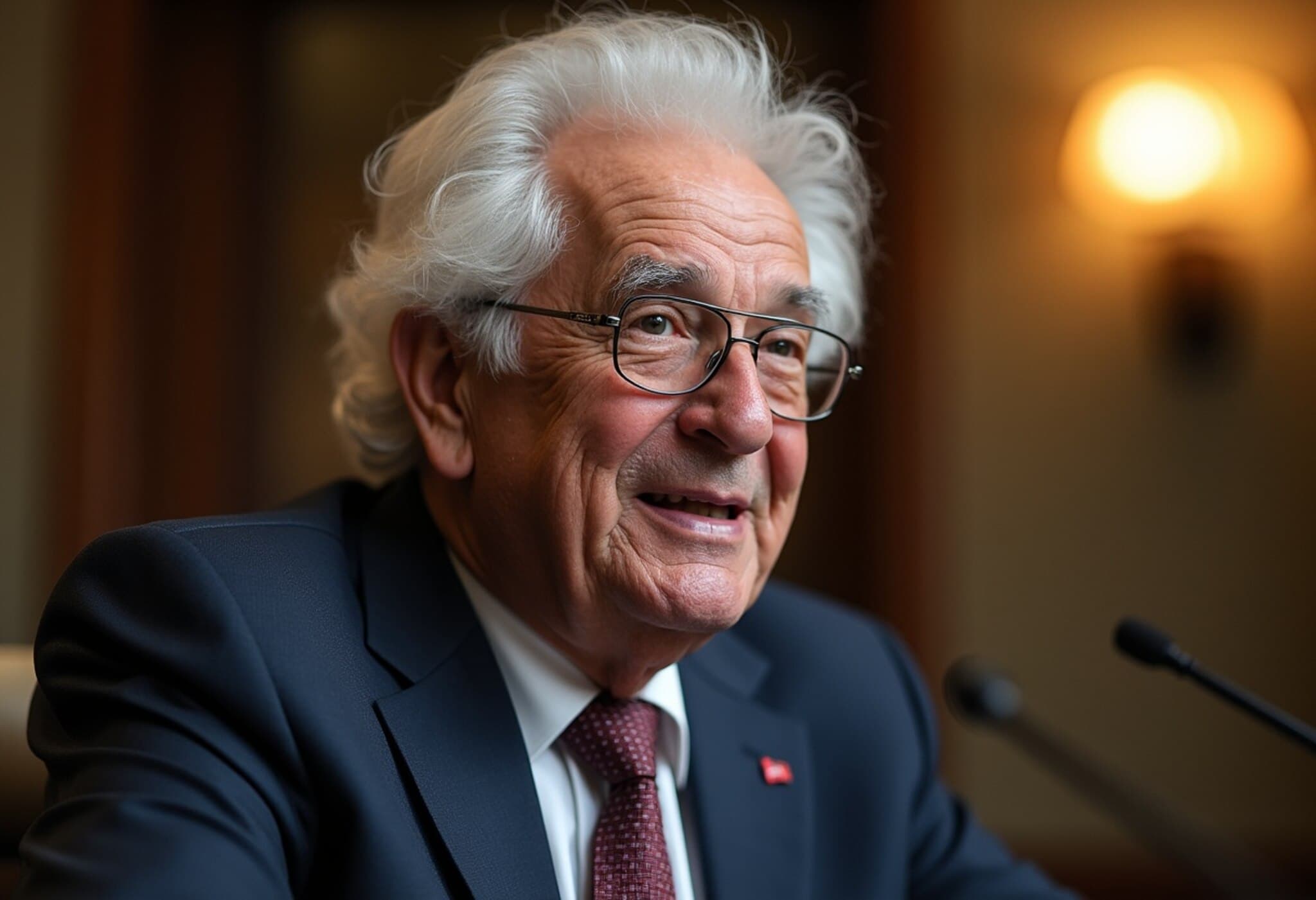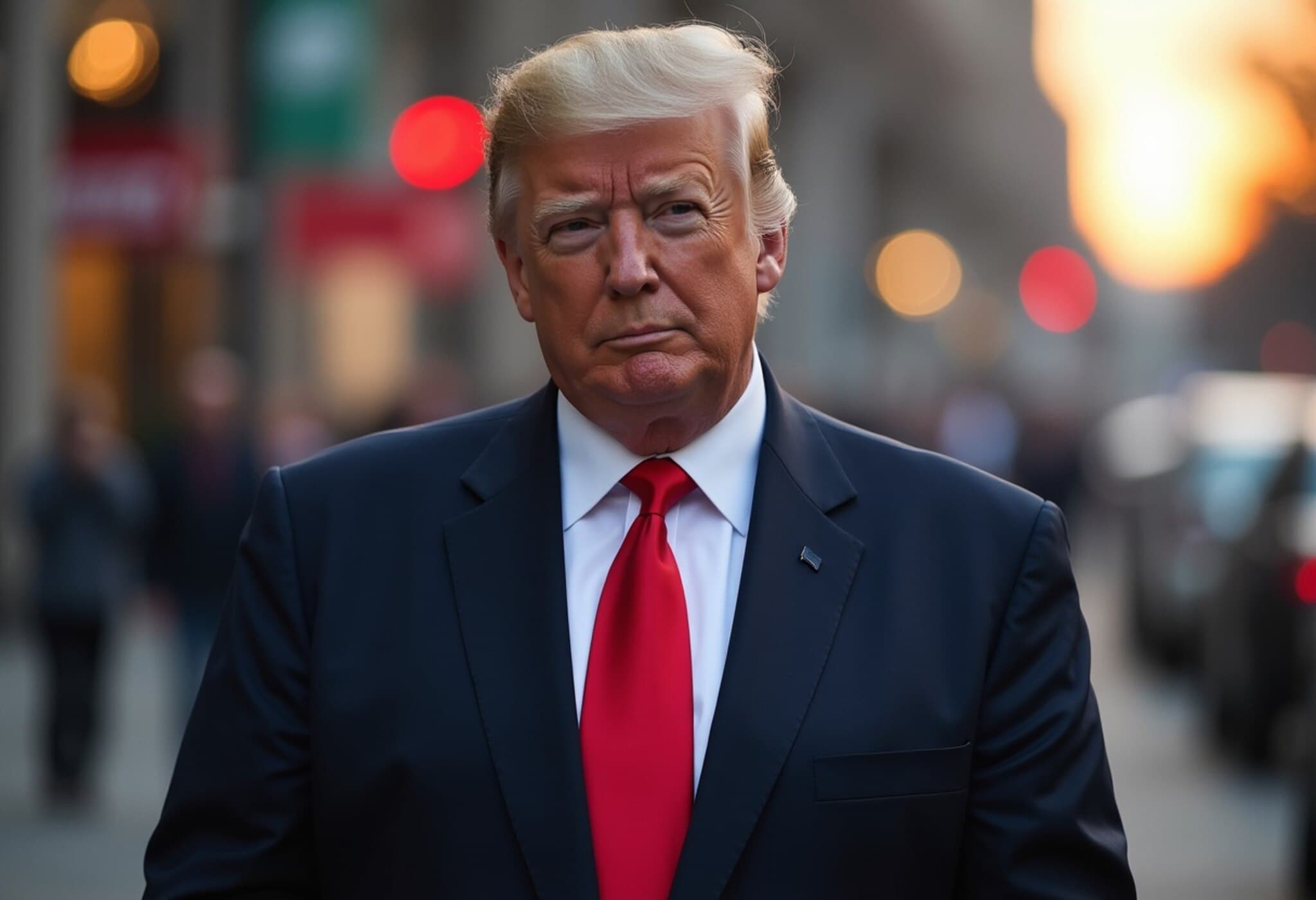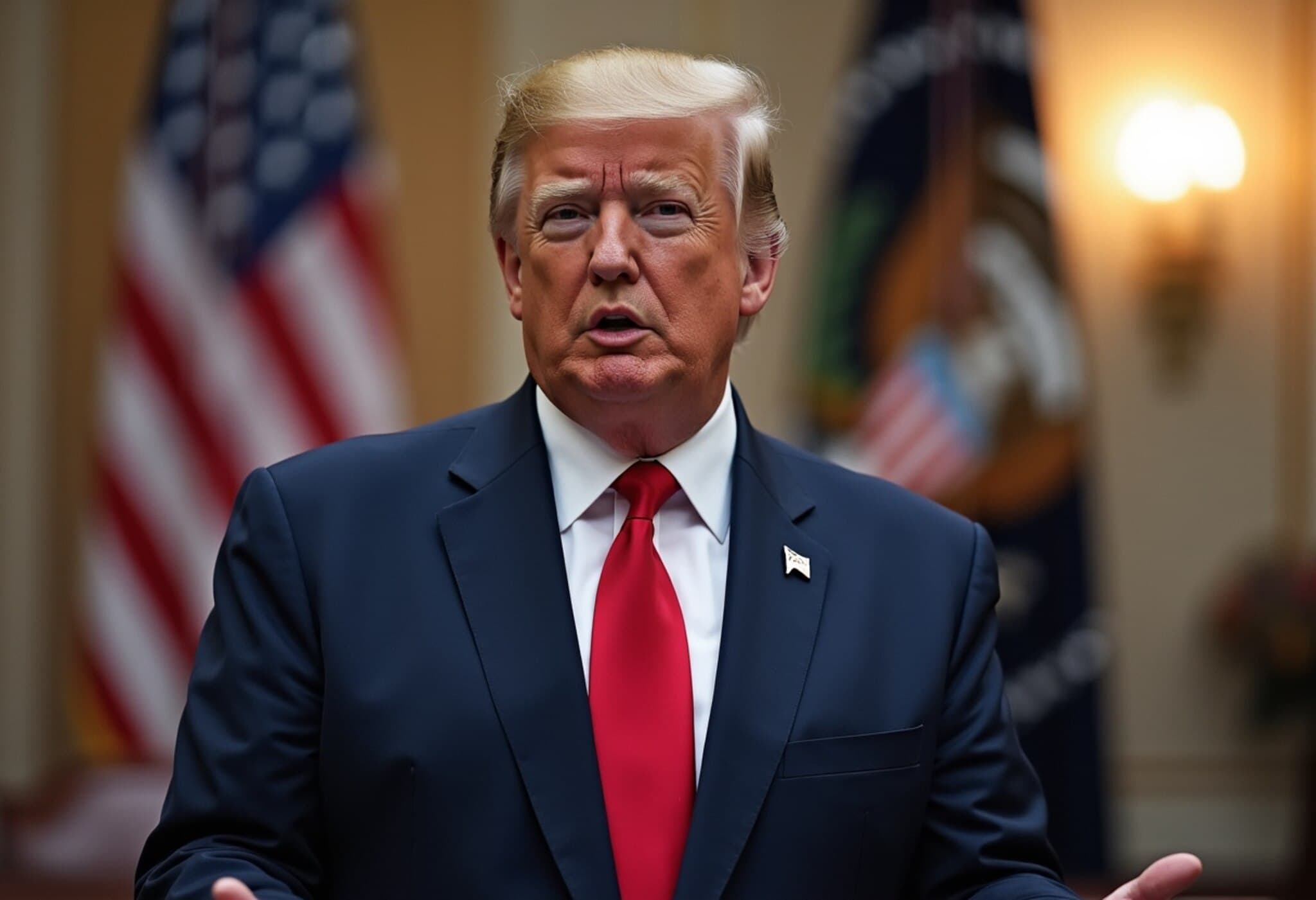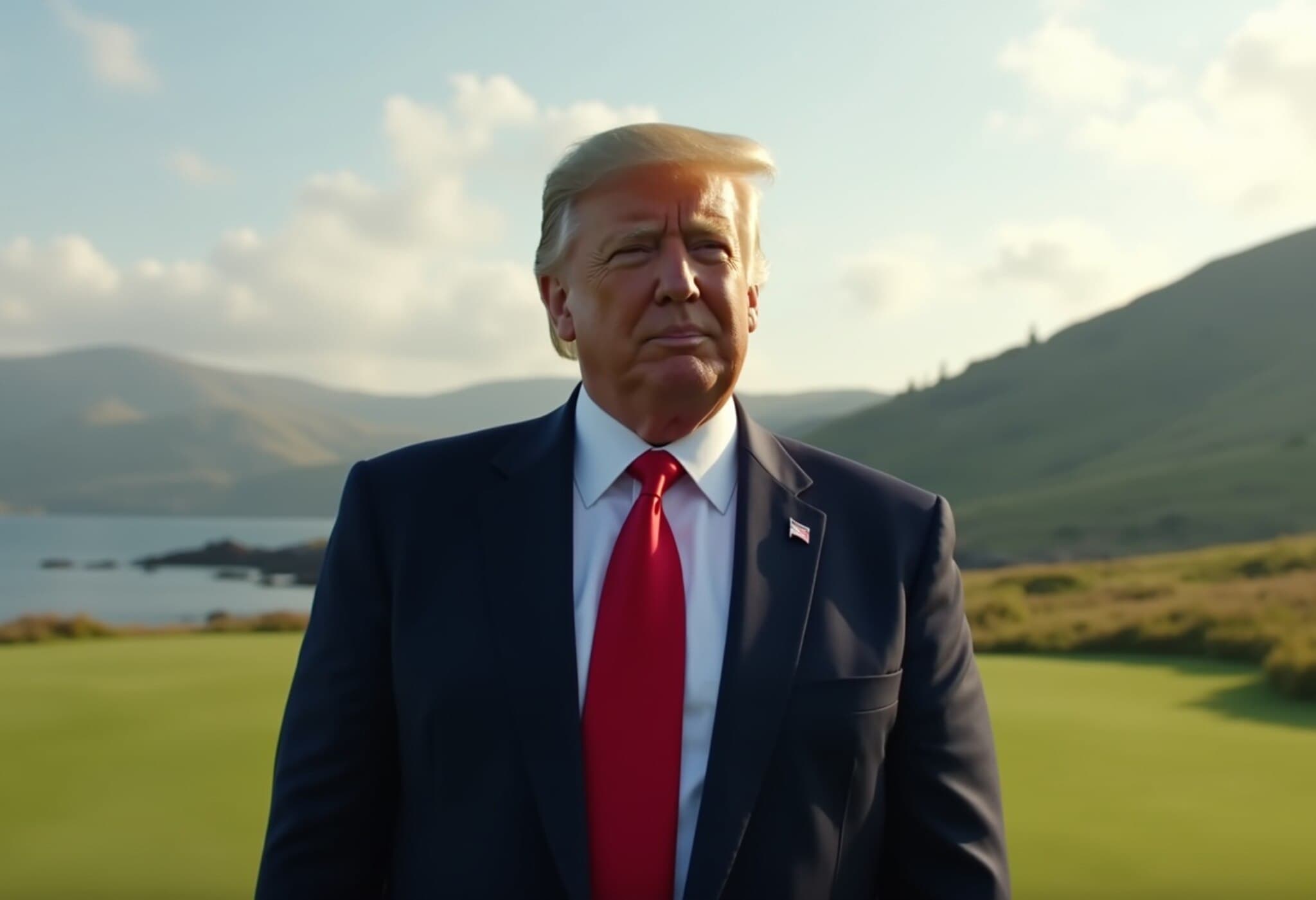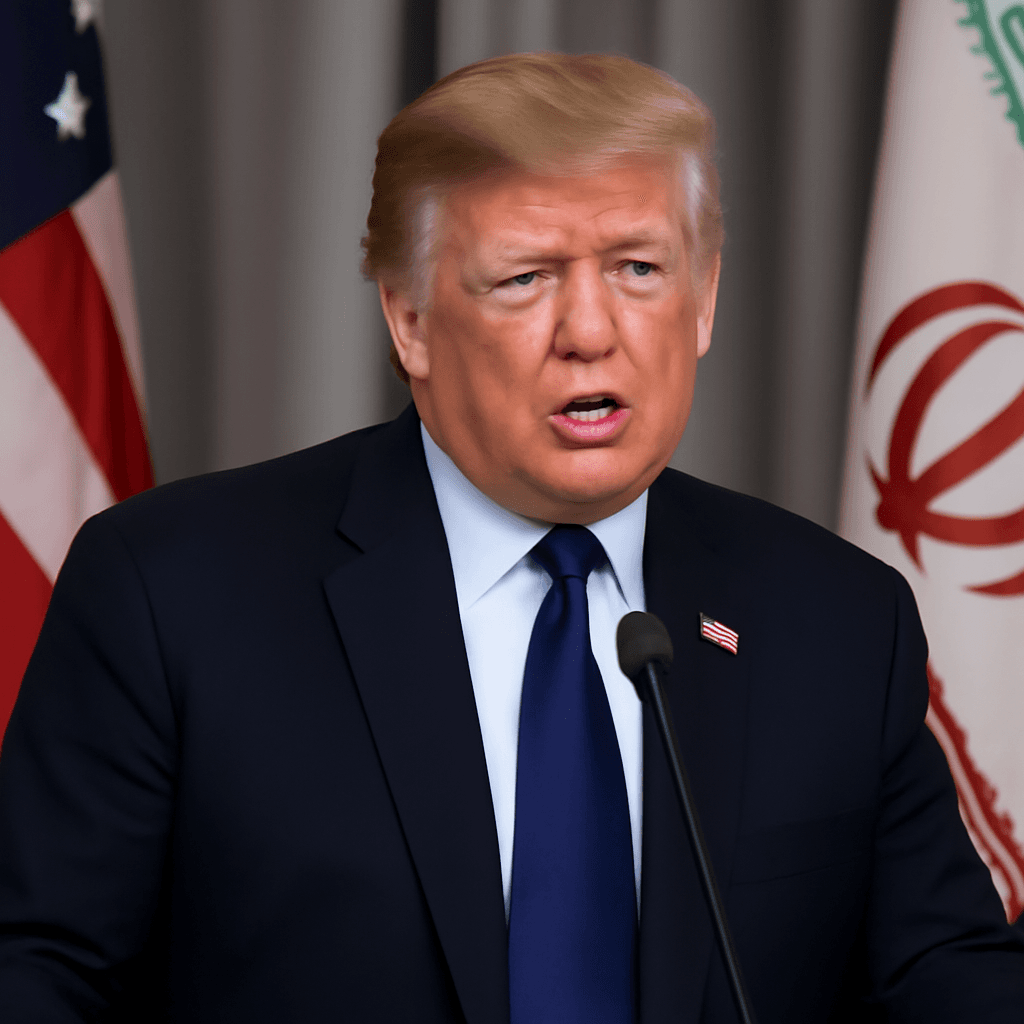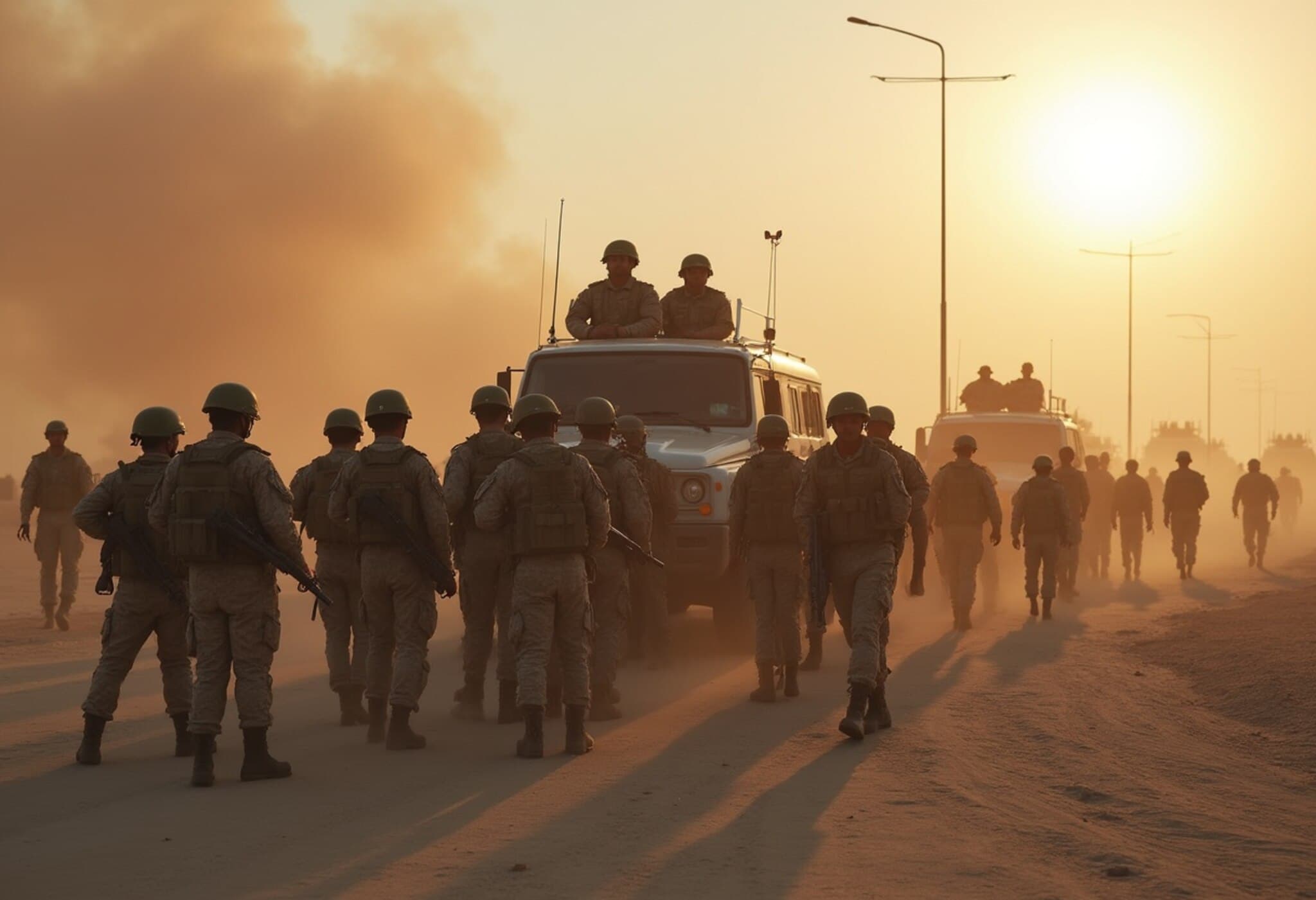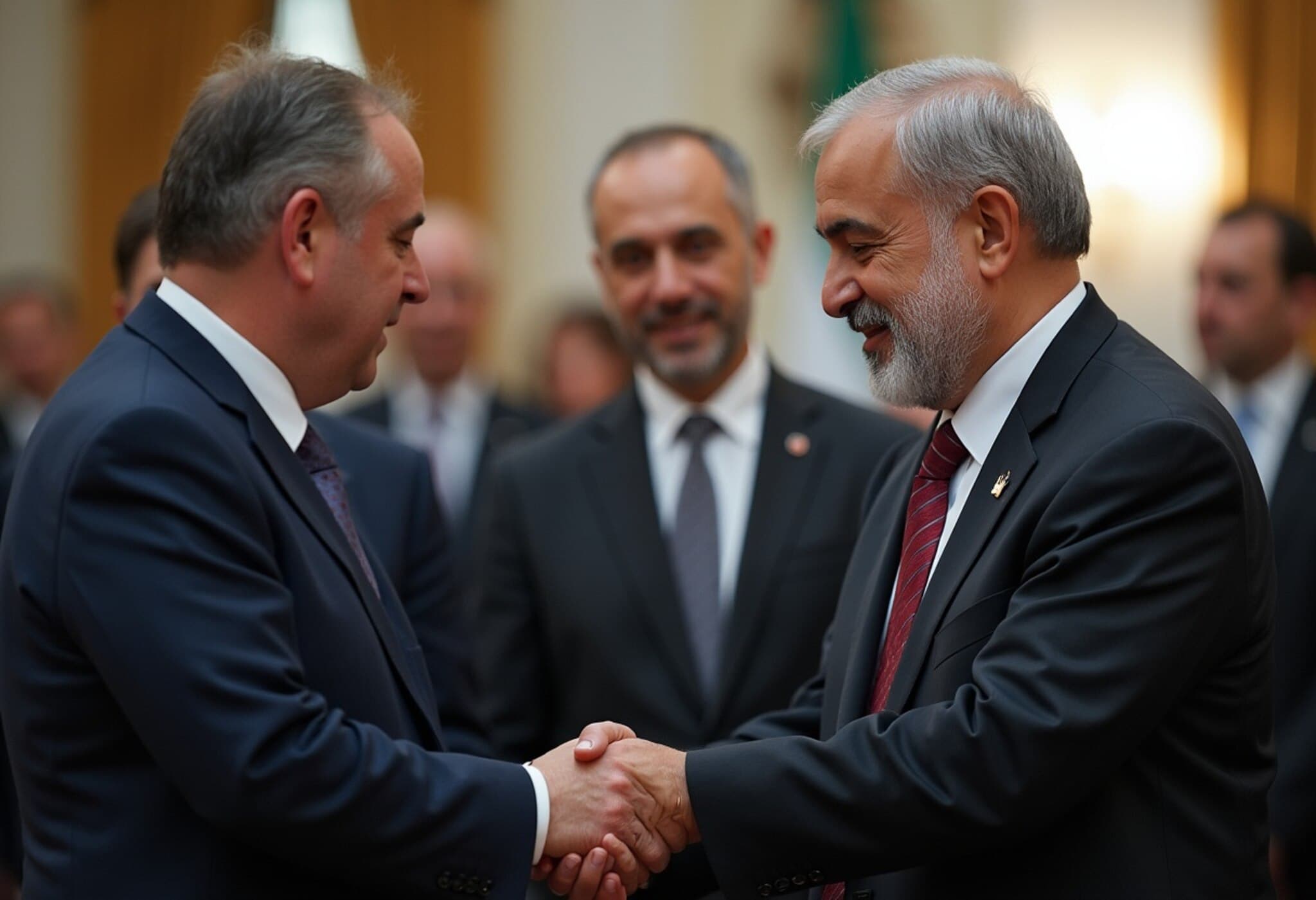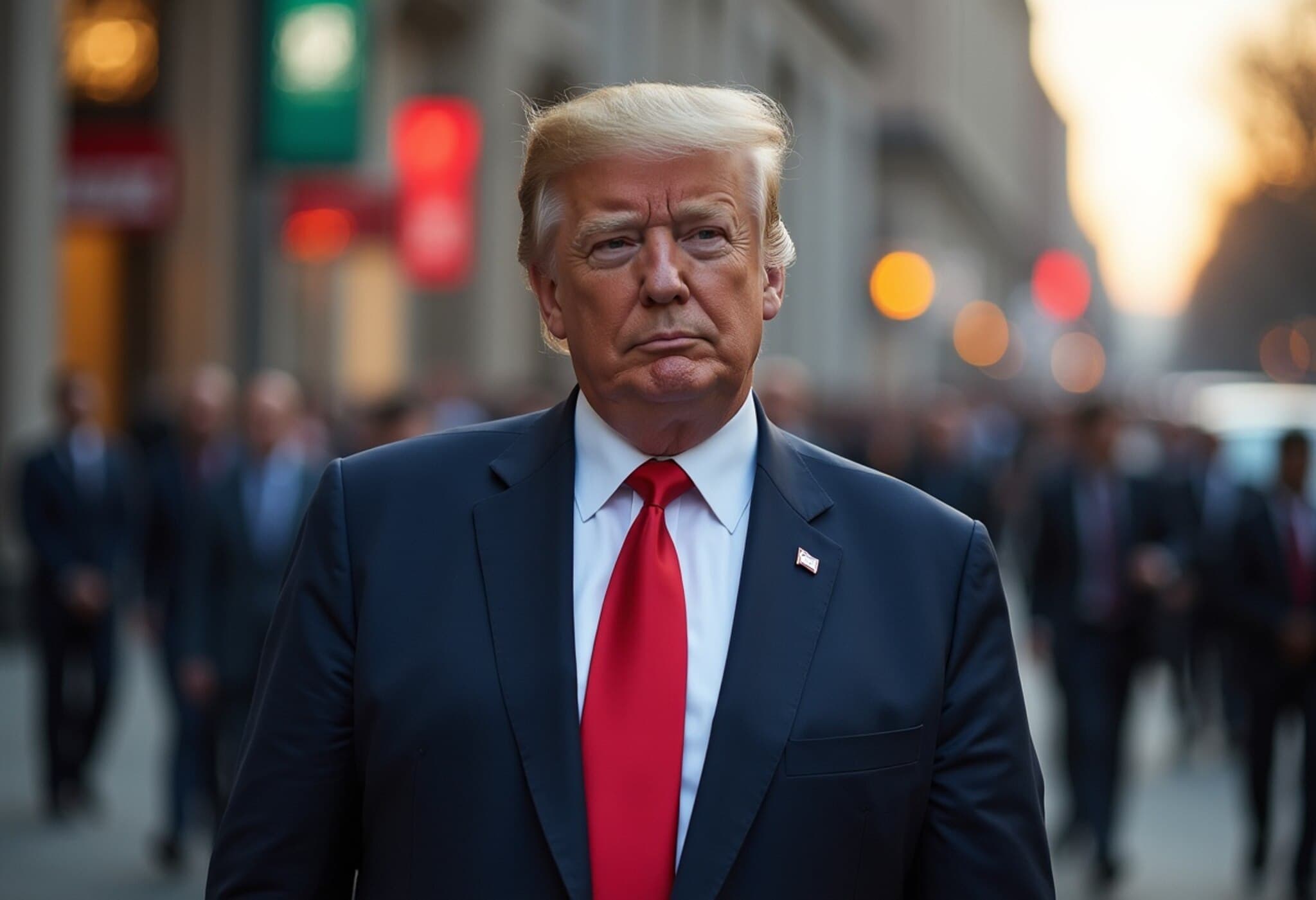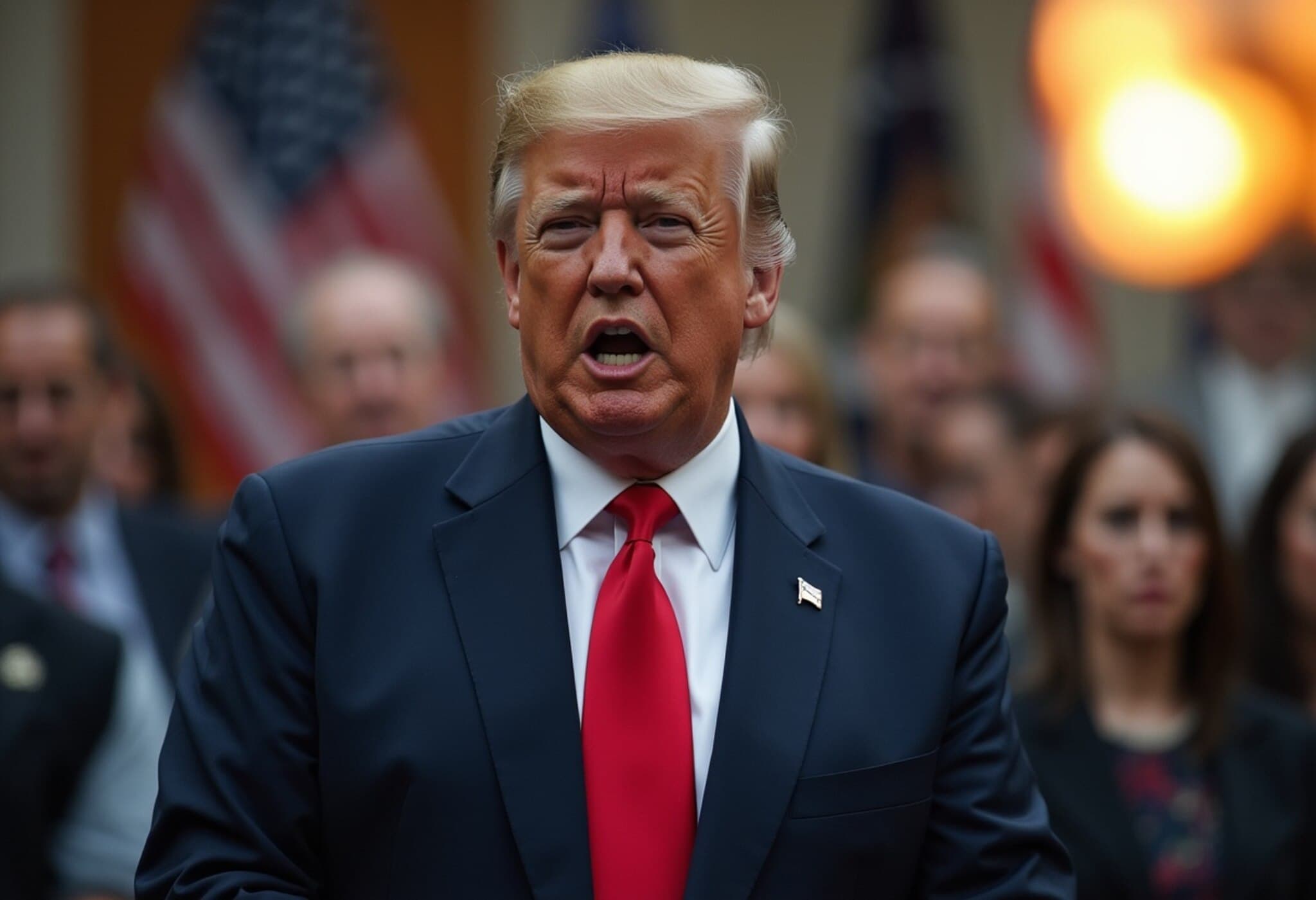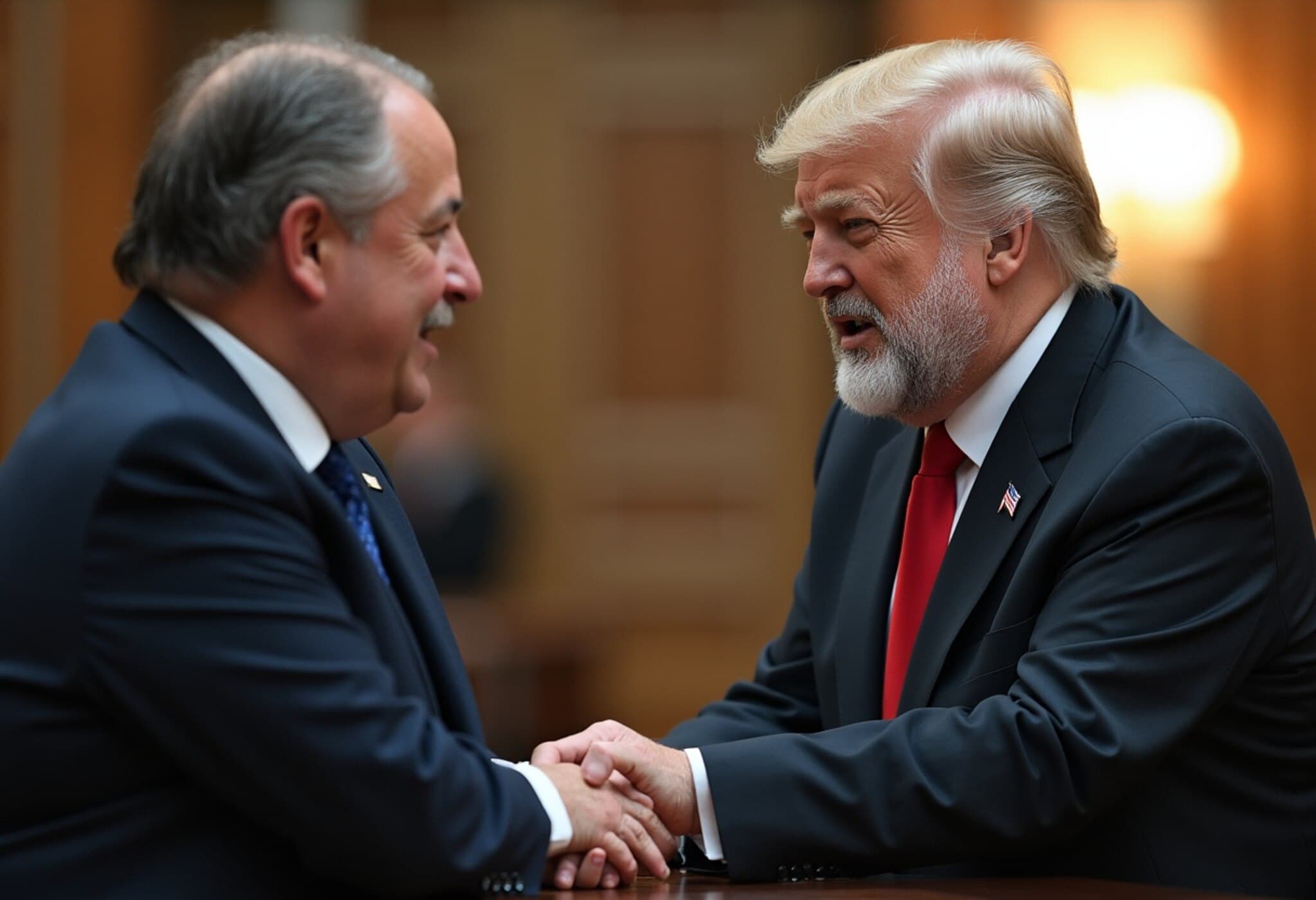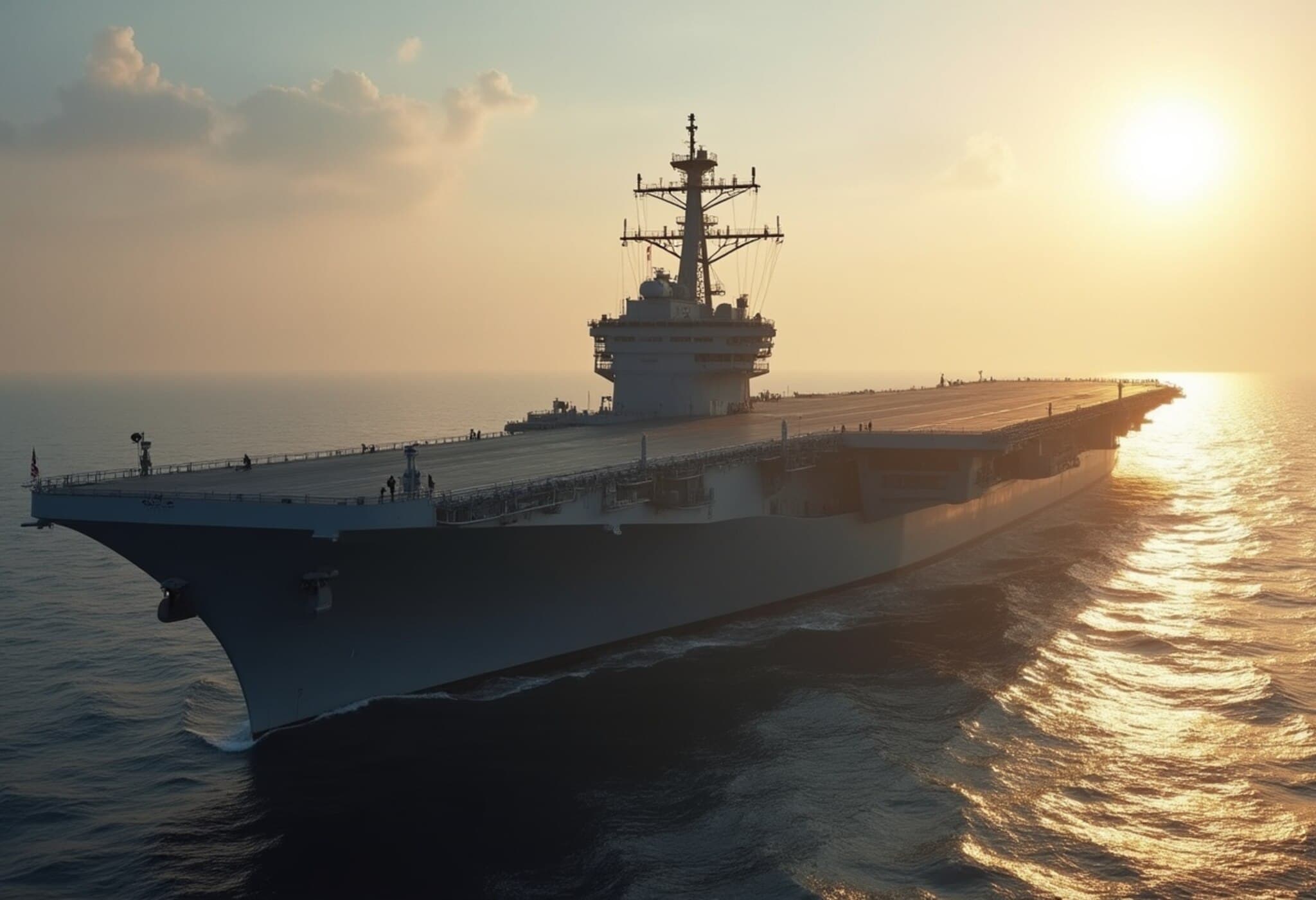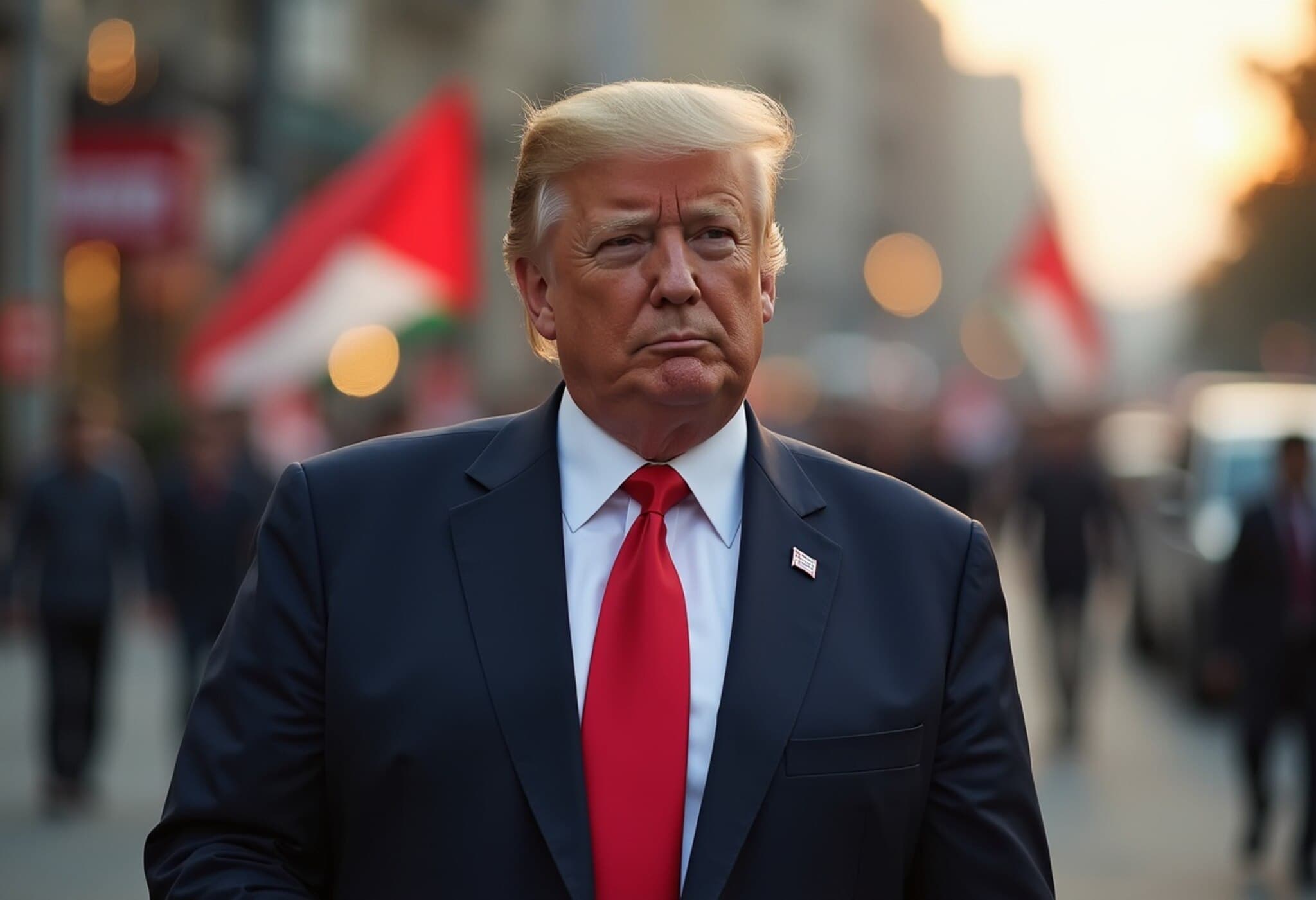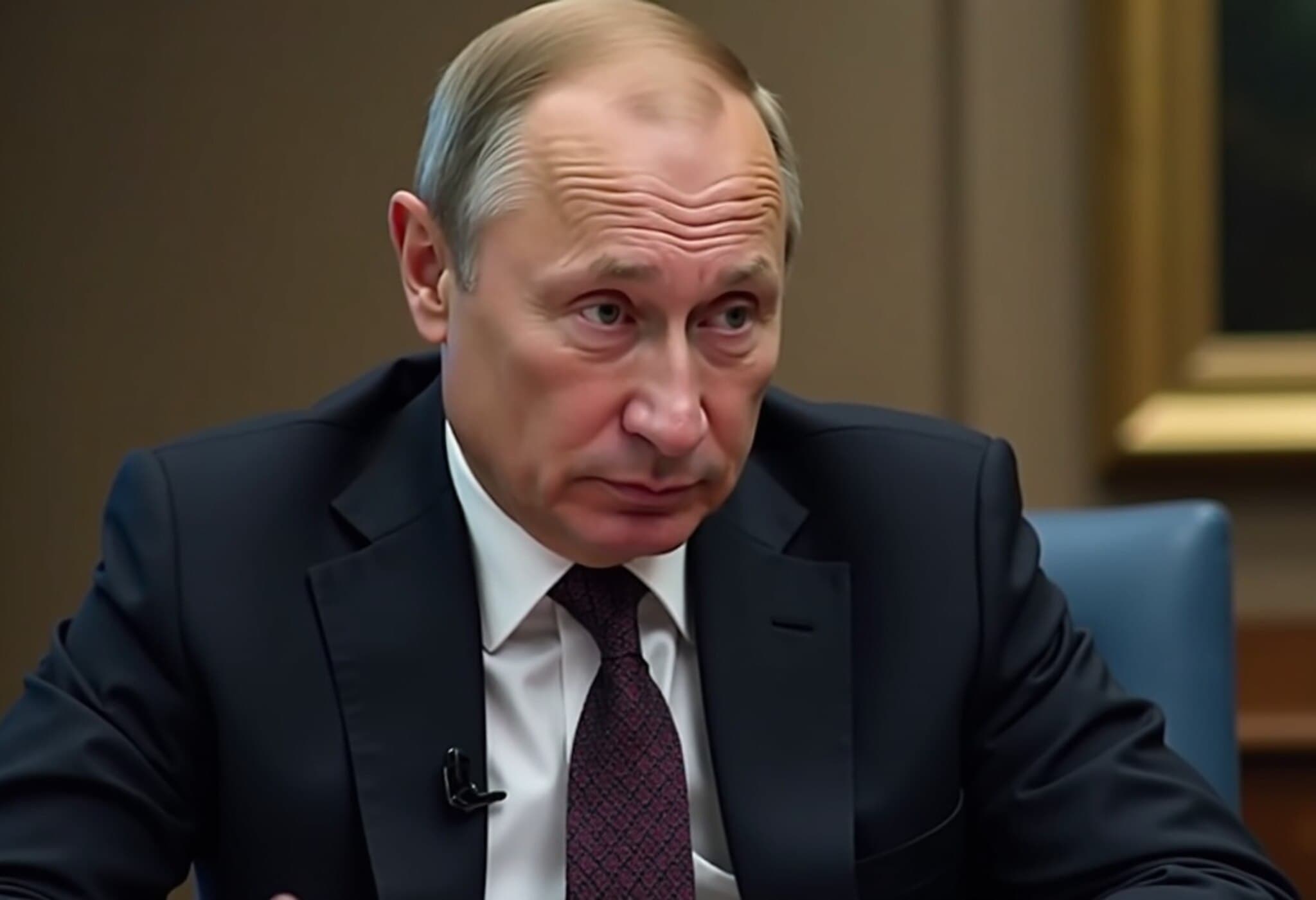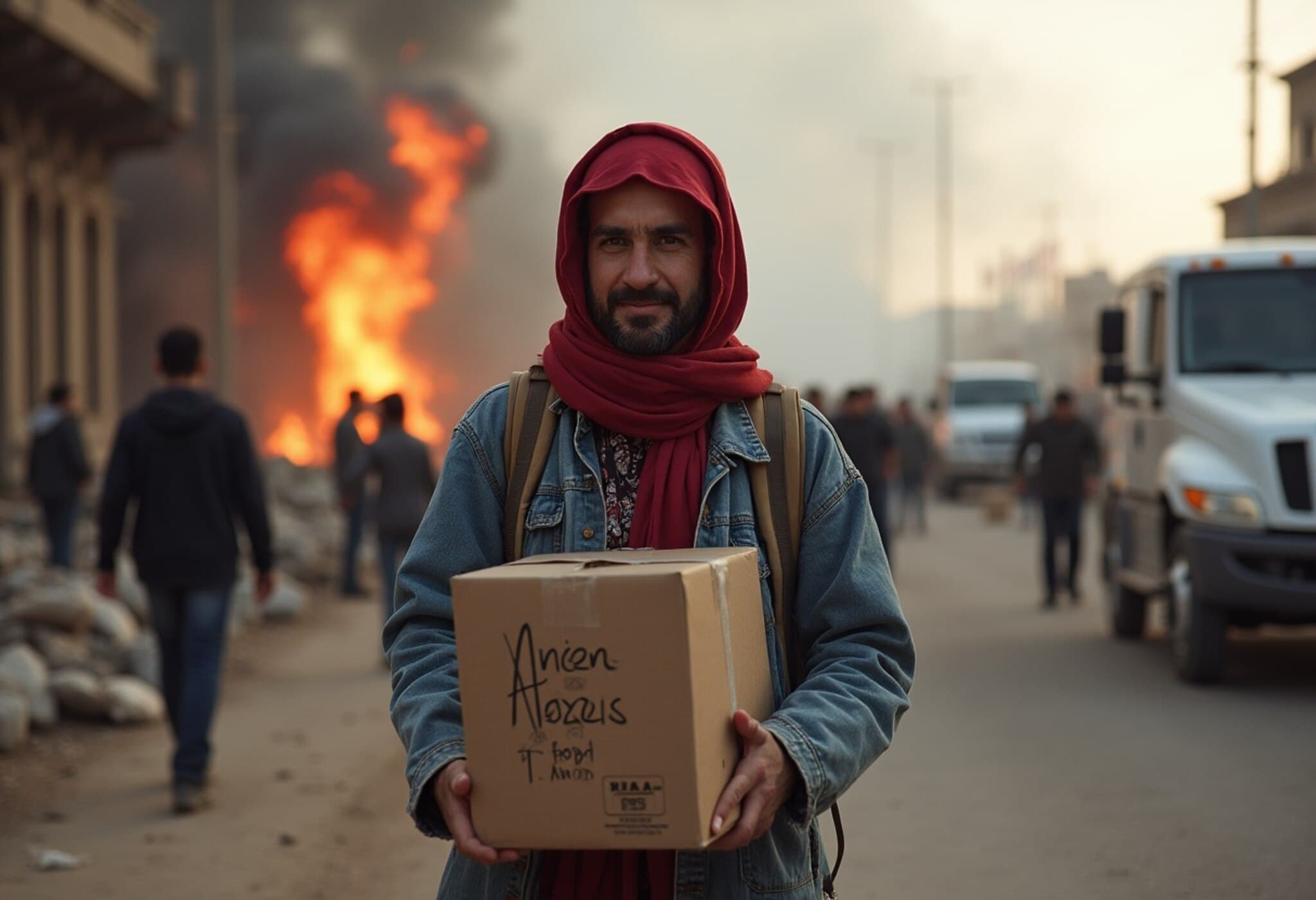US Moves Troops Amid Heightened Tensions with Iran
Amid escalating tensions in the Middle East, the United States is initiating a partial withdrawal of some military personnel from key locations in the region. President Donald Trump cited growing security concerns, describing the area as potentially "dangerous," and emphasized the US’s firm stance against Iran obtaining nuclear weapons.
Voluntary Departures and Embassy Adjustments
The US State Department has authorized voluntary departures of non-essential government personnel and military dependents from countries including Bahrain and Kuwait. Furthermore, preparations are underway for a partial evacuation of the US embassy in Iraq, though officials stress that essential diplomatic functions remain intact.
Despite these movements, the US embassy in Kuwait remains fully operational without changes in staffing, and no evacuation orders have been issued for personnel in Qatar, where the largest US military base in the Middle East is located.
Military Presence Across the Region
The United States maintains a broad military footprint throughout the Middle East, with bases strategically located in Iraq, Kuwait, Qatar, Bahrain, and the United Arab Emirates. The recent decision to reposition personnel mainly affects military dependents, particularly those based in Bahrain, with contingency plans that include both commercial and military evacuation methods depending on the situation.
Regional Security Environment and Rising Oil Prices
The announcement of troop movements sparked immediate reactions in global markets, pushing up oil prices by more than 4%, with Brent crude climbing to approximately $69.18 per barrel. These developments come amid increasing military activities and warnings about the security of critical shipping routes such as the Gulf, Gulf of Oman, and the Straits of Hormuz.
British maritime authorities have urged heightened caution for vessels navigating these waterways due to the risk of conflict escalation, underscoring the broader geopolitical volatility.
Diplomatic Deadlocks and Military Posturing
Efforts to revive stalled nuclear negotiations between the US and Iran have hit significant roadblocks. US intelligence points to Israeli preparations for potential strikes on Iranian nuclear facilities, further heightening tensions. President Trump reaffirmed his administration’s uncompromising stance stating, "They can't have a nuclear weapon. Very simple.”
Iranian officials have warned of retaliatory strikes against US bases in the event of any military aggression, intensifying the fragile status quo. Additionally, Iran’s United Nations mission stressed that threats of overwhelming force will not deter their position and blamed US militarism for regional instability.
Dynamic Security Landscape in Iraq and Beyond
Iraq remains a pivotal focal point with approximately 2,500 US troops stationed there, balancing delicate relations between Washington and Tehran. Although attacks by Iran-aligned groups against US forces have decreased since last year, tensions remain elevated, particularly after last year’s direct fire exchanges between Israel and Iran across Iraqi airspace.
Recently, the US bolstered its military presence with temporary deployments, including bomber aircraft and extended naval carrier operations, reflecting concerns over regional security.
Upcoming Negotiations and Potential Consequences
The next round of nuclear talks is anticipated shortly, with Iran expected to present a counterproposal after reportedly dismissing Washington's offer. A senior Iranian official pointed out that military intimidation has long been part of US negotiation strategies, cautioning that any strikes by the US or Israel would carry serious repercussions.
Reflecting the gravity of the situation, the head of US Central Command delayed congressional testimony due to the escalating tensions.
Looking Ahead
As the situation unfolds, global eyes remain fixed on the Middle East’s increasingly volatile landscape. The US’s partial troop withdrawal signals a cautious recalibration amidst a potent mix of diplomatic deadlock and military brinkmanship, with ramifications for regional stability and global energy markets.

